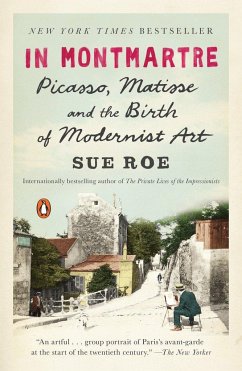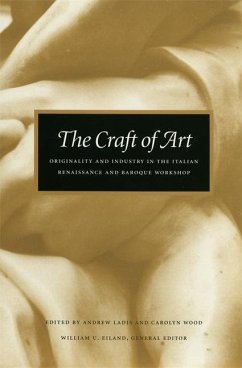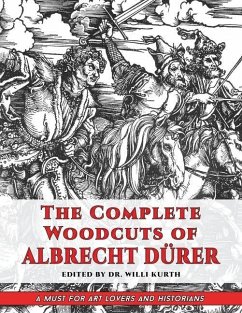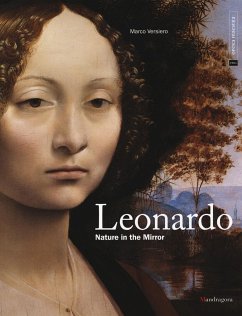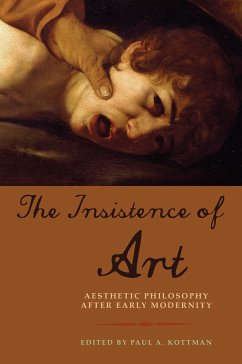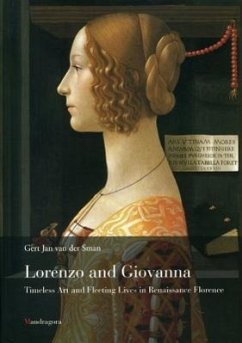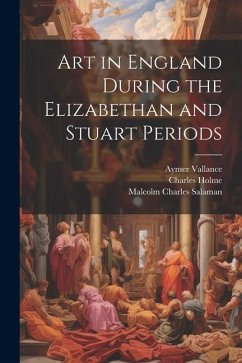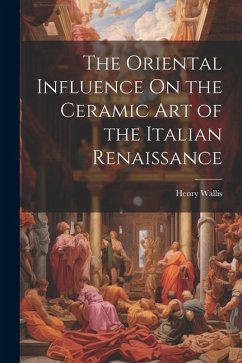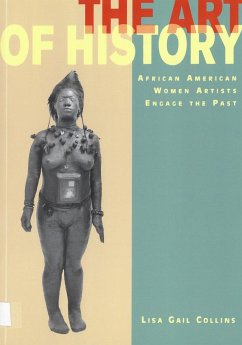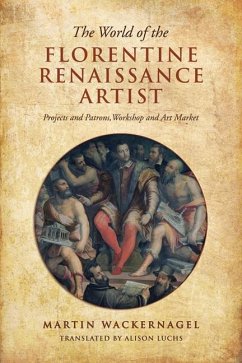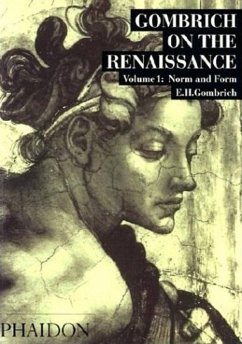
Gombrich on the Renaissance
Norm and Form, Volume 1
Versandkostenfrei!
Versandfertig in 2-4 Wochen
25,99 €
inkl. MwSt.

PAYBACK Punkte
13 °P sammeln!
Norm and Form is the first volume of E.H. Gombrich's highly influential collected contributions to the study of Renaissance art and thought. Its 11 essays deal with some of the most fundamental questions of style, patronage, taste, working methods and theories of art, presented with the author's customary learning and lucidity. Required reading for all students of the Renaissance, these essays are sure to be enjoyed by all who wish to deepen their understanding of one of the most creative periods of Western art.



